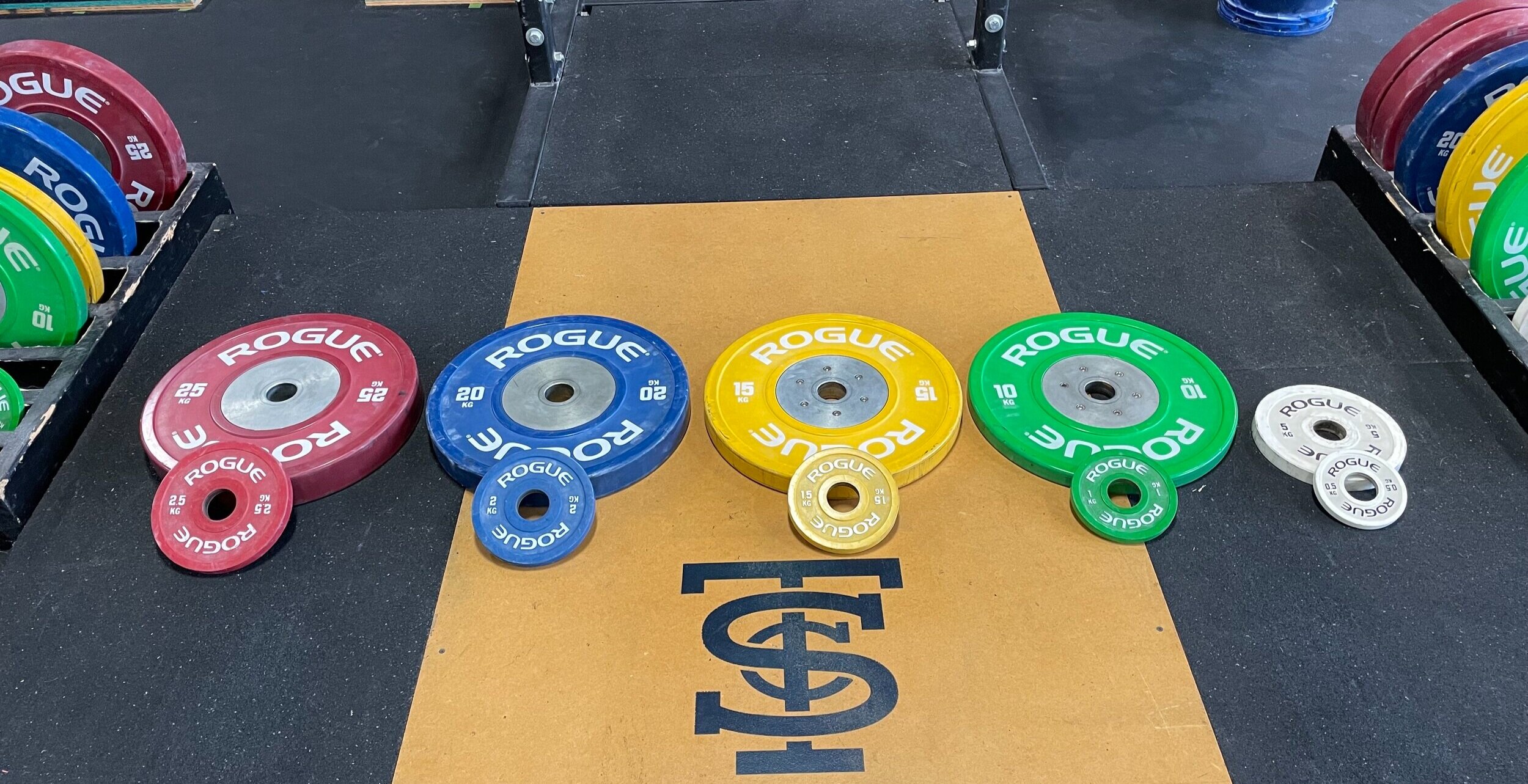How to Convert Kilograms to Pounds Fast - Easy Math Trick!
/(A Blast from the Past article originally posted on 05/19/23)
Whether you're doing your physics homework, your chemistry homework, or you're lifting weights, you sometimes need to be able to convert from kilograms to pounds. Let's figure out how to do this fast - and by fast, I mean “in-your-head-faster-than-whipping-out-your-calculator” fast. Fast like you read about.
The common wisdom is to multiply by 2.2, but you don’t want to multiply by 2.2 in your head, and neither do I. The method you’re about to learn will get us to the same answer, and it’s quicker and easier. Using 35 kg for our example, here’s what you do:
Double it. That gives you 70. No problem.
Find 10% of that new number, and yes, that old gradeschool shortcut of moving the decimal over 1 place still works just fine. That gives you 7. Again, no problem.
Add those two numbers together. That gives you 77.
There you have it: 35 kg is equal to 77 lb.
Now, your turn - albeit with a slightly harder example. Repeat the same steps, but this time with 95 kg, and try it out before reading ahead for the solution.
Got your answer? Let’s see how you did.
Double it. That gives you 190.
Find 10% of that new number. That gives you 19.
Add those two numbers together. That gives you 209.
Thus, 95 kg converts to 209 lb.
It takes a little bit of practice, but not much. It’s fast, it’s easy, and it’s very accurate (within 0.2% of the true value). As always, we hope this helps you get stronger and live better . . . or at least stop struggling with cumbersome conversions.
-Phil
PS: Whenever you want even more Testify in your life, here are some free resources:
Book a free intro and strategy session with us HERE.
Pick up a free copy of Testify’s Squat Guide: 12 Tips to Improve Your Squat Now HERE.
Get our free weekly email - containing useful videos, articles, and training tips - HERE.
Follow Testify on Instagram HERE.
Subscribe to Testify’s YouTube channel HERE.
(Some links may be affiliate links. As an Amazon Associate, Testify earns from qualifying purchases.)


